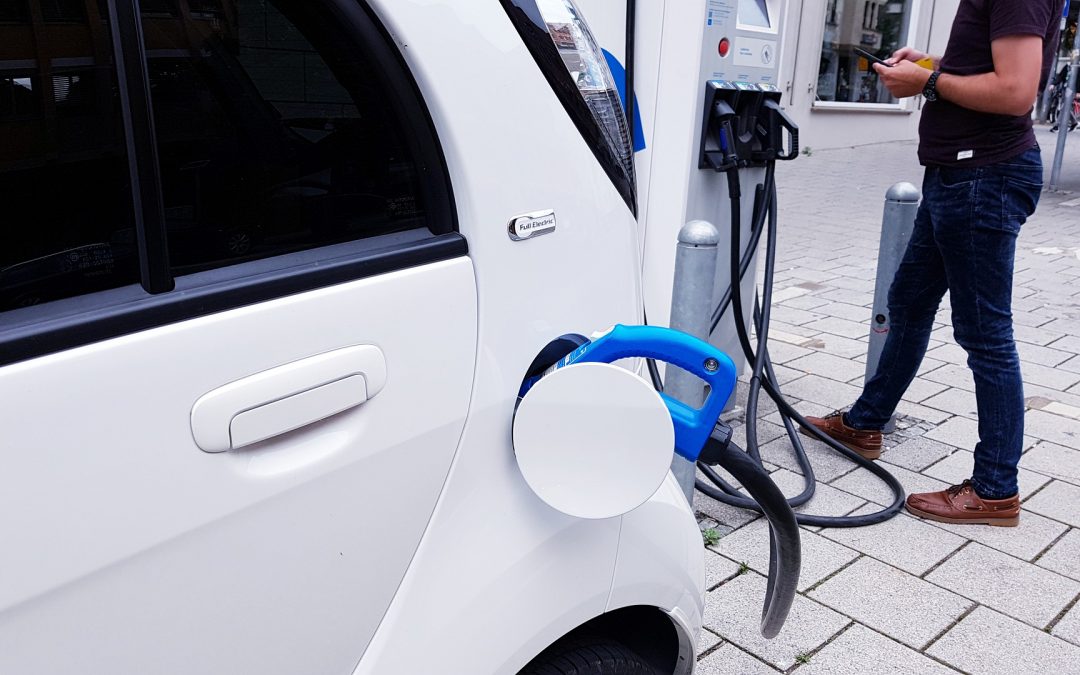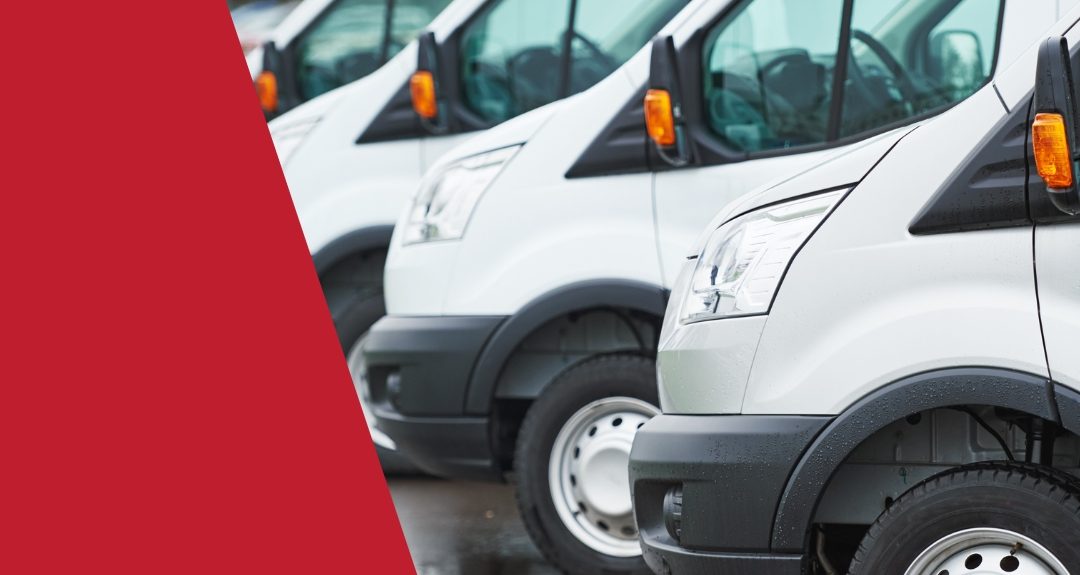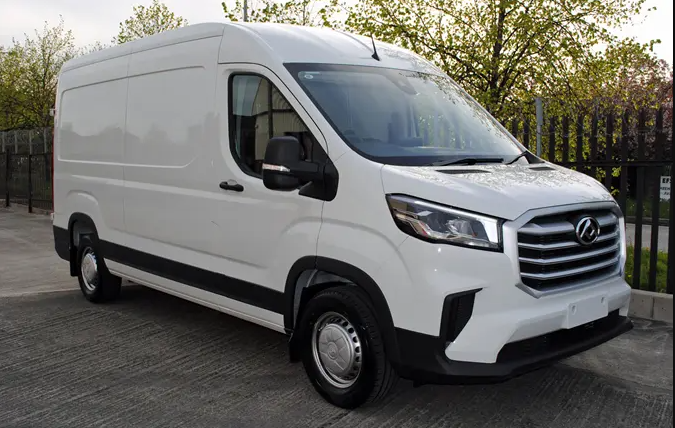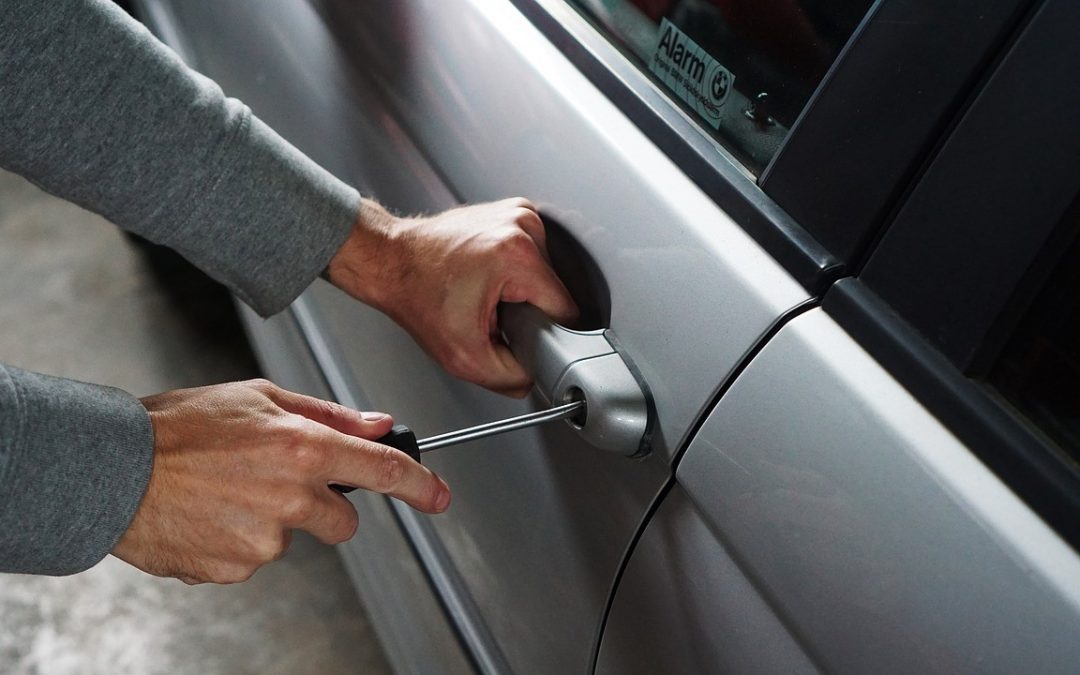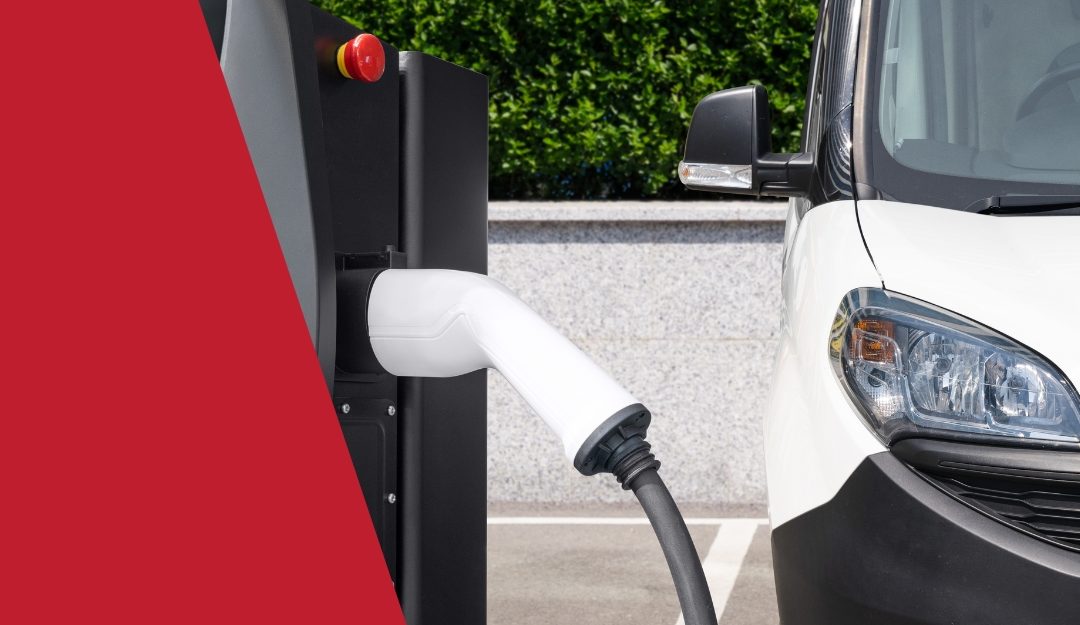
Electric Van Sales Surge in September – Are businesses are finally accepting the inevitable?
Electric Van Sales Surge in September – Are businesses are finally accepting the inevitable?
Do latest figures suggest businesses are finally embracing the electrification of their vans?
According to a report in Fleet News,electric vans are continuing to gain ground across the UK, with registrations rising 41.1% year-on-year in September to 4,262 units – the highest monthly figure ever recorded.
Electric van sales are hitting new heights. Registrations rose41.1% year-on-year in September, with 4,262 electric vans hitting UK roads – the highest monthly total ever recorded.
So far in 2025, more than22,000 battery-electric vans (BEVs)have been registered, representing1-in-10 of all new light commercial vehicles.
Whilst this is an encouraging sign of progress, it has still been a somewhat challenging year for the overall van market.
Even though the news is positive – and despite the momentum, the sector still has plenty of ground to cover to reach theGovernment’s 16% zero-emission target for 2025.
The gap between large and small fleets
The reality is that these numbers are skewed by two very different purchasing perspectives.
Large national operators are pressing forward with switching to electric at great speed, supported by scale, infrastructure and fleet funding.
However, for many of my clients in the small and medium-sized businesssector, there is a very definite hesitation, with many questions around charging access, range, running costs, and vehicle availability.
The extension of thePlug-in Van Grantand thenew depot charging schemeare positive steps.
They’re already helping some operators take the first step into electric.

Manufacturers stepping up
In fairness, manufacturers are doing their bit.
EV choice should no longer be an excuse for businesses.
There are now more than 40 electric van models on the market, covering everything from compact city vehicles to 3.5-tonne LCVs.
Manufacturers are investing heavily in battery technology, improving range, payload, and charging speeds.
The fact is, many of today’s models already more than meet the needs of day-to-day business use, particularly when supported by smart charging schedules and route planning.
A mixed picture for the wider market
While electric van sales surged, total new LCV registrations dipped slightly by 2.1% in September to 47,418 units – a reflection of the tougher economic climate.
Still, the market remains above pre-pandemic levels, showing that many businesses are continuing to invest in fleet renewals and cleaner technology.
At Cheshire Fleet Solutions, we’re helping fleets of all sizes plan their transition.
From model comparisons and different deal options to charging advice and total cost-of-ownership analysis, our goal is to make going electric as straightforward and cost-effective as possible.
Still thinking about electric vehicles either for you, or for your business?
Get in touch today for tailored advice on the best EV options for you and take the next step towards moving into electric vehicles.



